Figures de la puissance dans la philosophie de Nietzsche
Résumé
The German word "Macht" implies thinking together individual phenomena of self-constitution and self-assertion as well as socio-political mechanisms. How do we articulate the ability to produce effects and the more stable configurations, testimony and sedimentation of confrontations in which a power is deposited and attested? Is power caught up in a frantic process of growth, producing ever more differences, or does it consist of the arrangement of a chaotic diversity (creation of forms, legislation, institution of values)? Are there several ways of being powerful, reconcilable or not, for the politician, the artist or the philosopher; for the healthy man, the one who galvanises crowds, controls himself or tyrannises others? Is power the prerogative of the dominant ones who exercise it or is it distributed, according to each confrontation, among all its pretenders? This collective book seeks to answer these questions with the help of contributions from specialists who bring out aspects of Nietzsche's philosophy of power that are usually overlooked.
